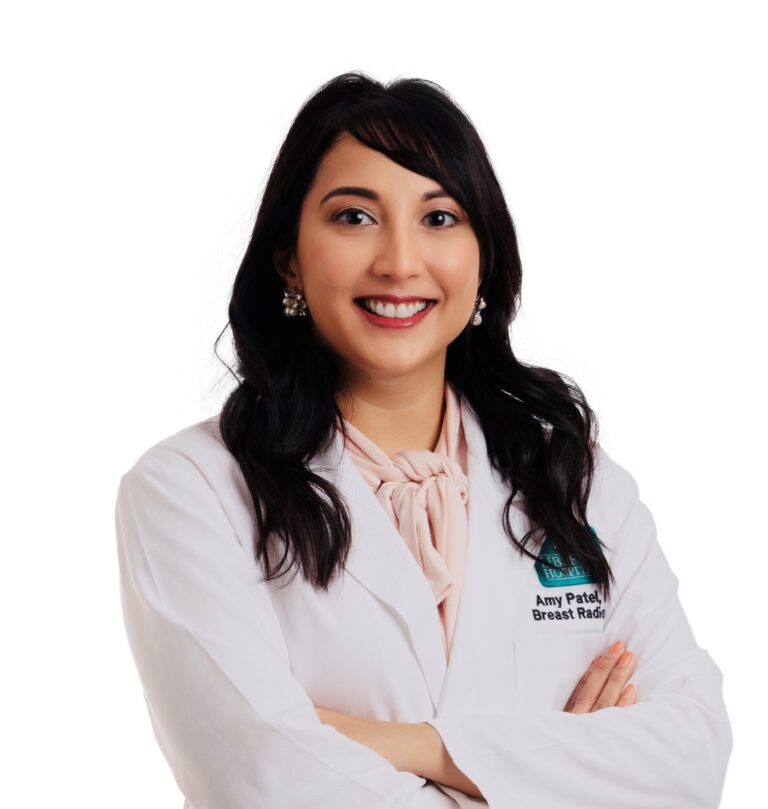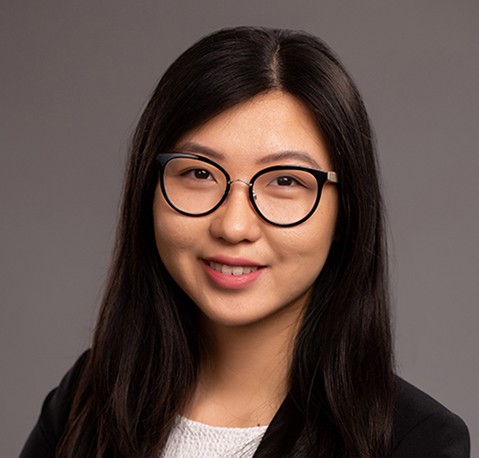Retirement No Time to Slow Down for Former Board President

Reed Dunnick, MD, doesn’t plan to slow down much after he retires from the University of Michigan on August 31. Technically, he isn’t even leaving the department of radiology, where he has spent the past 33 years.
The former ABR volunteer and part-time staffer will be coming to the Ann Arbor campus even more often as he researches and writes a book about the university’s department of radiology history. With reams of subject matter on campus, he’ll be in his office at least three days a week instead of his customary day or two as he puts the book together over the next year.
Reed Dunnick, MD, is starting work on a book about the history of the University of Michigan Department of Radiology.
“I’m going to be reaching out to people, trying to fill in blanks,” Dr. Dunnick said. “I want a little more human interest in the book rather than simply dates and activities.”
Plans for the book include use by the department’s development team as a leave-behind for potential donors and as a feature on the website. This won’t be the first time Dr. Dunnick has been part of such a project. He was board president when the ABR’s 75th anniversary book was published in 2009.
Author Otha Linton produced that book the old-fashioned way, making editing a challenge.
“He would interview people and get their perspective, and he did a terrific job,” Dr. Dunnick said. “On the other hand, he used a typewriter, so I couldn’t even edit the book electronically.”
Since leaving his post as chair of the university’s radiology department in 2018 after 26 years, Dr. Dunnick has served as a professor in the division of abdominal radiology and editor of the journal Academic Radiology, a post he assumed in 2017.
He’s also stepping down from that work, which requires 50 or more hours a week. Thanks to more international submissions, Dr. Dunnick said the journal has gone from an average of 800 potential articles per year to more than 5,000.
“The journal never sleeps,” he said. “We get more submissions from China than from any other country. So, when I turn off the computer and go to bed at night, I’m all caught up. I wake up the next morning and have a slew of new submissions. Every time I travel, I have my laptop with me. If I didn’t, I would be horrendously behind.”
His Academic Radiology work cut short his time as the ABR associate executive director (AED) for diagnostic radiology. The ABR position is part time, usually around 20 hours a week. Each of the four disciplines that the ABR certifies has an AED — a physician or physicist who serves as an extension of the executive director.
Dr. Dunnick was AED from 2019 to 2023 and had to leave because of other work demands.
“Over time, the submissions to Academic Radiology were making it harder and harder to do both,” he said.
Exiting his AED position marked at least a pause in Dr. Dunnick’s involvement with the ABR. He began as a volunteer when he was on faculty at Duke University in the 1980s. Four decades later, he still appreciates the important role that the ABR and other American Board of Medical Specialties Member Boards play in ensuring patient safety.
“When friends or family ask me where they should get their health care, I say, look for somebody who’s board certified,” he said. “If they’re not board certified, find somebody else.”
Never too busy to help, Dr. Dunnick has served as president of at least 10 radiology associations and societies. ABR Trustee Kate Maturen, MD, MS, is a colleague at the University of Michigan who admires his willingness to lend his limited spare time to professional causes and development.
“Reed’s mentorship relationships have waves of influence from the individual to the entire field of radiology,” she said. “He encourages people to take on leadership roles, apply for grants, direct programs, in short, do just a little bit more — with profound effects on their individual careers. At the same time his continual support of volunteerism — and sponsorship to make that possible for so many — has helped to create a cadre of committed leaders who can move radiology forward as a collective.”
Dr. Maturen would often go hiking with Dr. Dunnick when they were in Tucson for ABR volunteer meetings. She appreciates his dedication to wellness, as evidenced by his nonstop activity and brown bag lunches consisting of yogurt, a granola bar, and an apple. Even with fewer commitments and a reasonable work schedule, there’s no way Dr. Dunnick will ease up.
“I’ve thought about it as I watch people age … so often they don’t take care of themselves,” he said. “I keep telling people that they have to challenge themselves mentally and physically all the time.”






